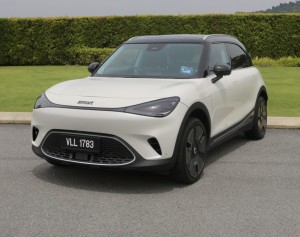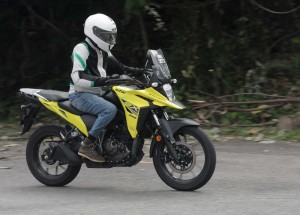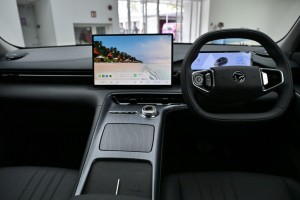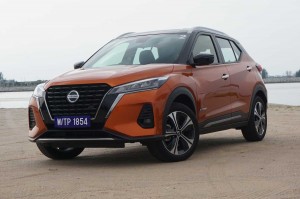ROME: For decades, the little Ape tricycle scooter, with a cab for the driver and a cargo body over the back wheels, has been a symbol of Italy. Now, it's headed for a new lease of life in Asia.
The Ape (the name means bee in Italian) is buzzing off to India where cheap, short-distance haulage is in big demand.
At the end of 2024, after more than three quarters of a century, the last Ape model rolled off the production line at Piaggio's main factory in Tuscany. The last models retailed for €7,000 (around RM33,000) each.
In future, assembly will only take place in India, and only for customers in Asia and Africa. And so another chapter in European automotive history closes.
Fans of old-school transport have been marking the demise of one of the world's most basic urban commercial vehicles with nostalgic tributes.
Yet anyone who has tried to overtake a meandering Ape loaded with a haystack on a rural road will probably be pleased to see the back of them.
The Ape is powered by a tiny two-stroke combustion engine that rattles like an old moped and it tends to get in the way of other traffic on country roads, especially in Italy where you see them everywhere.
Emissions were not an issue when this smokey tricycle first appeared in 1948 and it has not got much cleaner since. It has now fallen foul of EU regulations on tailpipe emissions.
In Italy, fans can console themselves for the time being with the fact that a few hundred leftover models are still being sold.

The Ape was actually just a further three-wheeled development of the Vespa scooter or "wasp" Italian scooter. It was sold as a pick-up or box van
The Ape has a simple handlebar and no steering wheel. There are grips left and right together with a motorcycle-style throttle and brakes. It has two folding windows, no heating and can manage a top speed of 40kph at best.
Despite its primitive nature, the Ape could transport loads of more than 200kg, making it ideal for working in the fields, between groves of olive trees or in the vineyards. The tricycle was cheap, simple and virtually indestructible.
Qualities like these were needed in Italy in the difficult post-war austerity years.
"Cars and lorries were too expensive, especially for small companies. The Ape was the perfect solution", said automotive historian Giorgio Sarti
It remained so for decades. In some places, the tin box was practically part of the household and was passed down through the generations.
Whole families crowded into the narrow cab while children perched perilously on the little loading bay.
An editorial in La Repubblica newspaper remarked that the Ape was a perfect expression of the Italian national character between individualism and family spirit.
"You feel at home alone in the cab, with goods or tools behind you. But you can also ride in it as a couple, closer together and with a touch of intimacy. Or, despite all the regulations and safety considerations, to celebrate with friends.’
The Ape has now largely disappeared from large cities such as Rome and Milan, where it was usually only found near markets. However, some remain in use for advertising campaigns.












